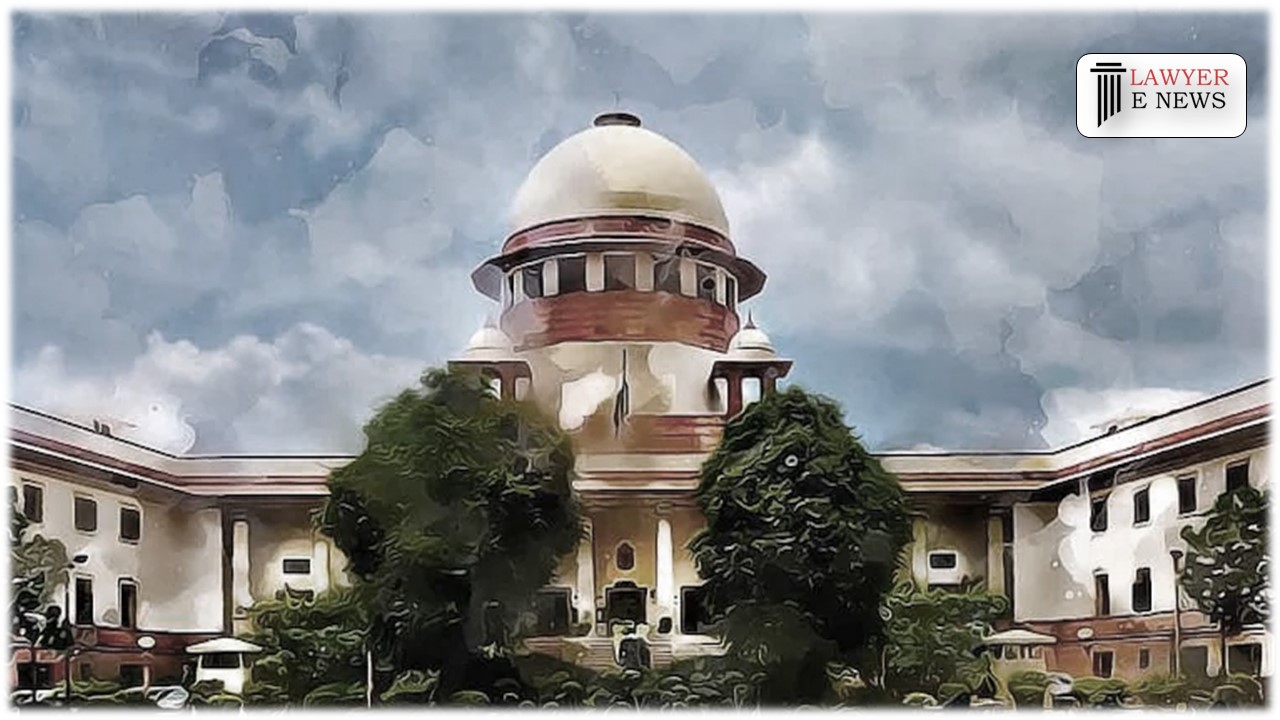-
by sayum
14 February 2026 2:22 PM



In a significant ruling dated May 10, 2024, the Supreme Court of India affirmed the judgment of the Gujarat High Court in the case involving a dispute over land allotment under Town Planning Scheme No. 6, Paldi. The apex court dismissed the appeals filed by Mrugendra Indravadan Mehta and others against the Ahmedabad Municipal Corporation, marking the conclusion of a prolonged legal battle concerning the adequacy of compensation and the allotment of land under the town planning scheme initiated under the Gujarat Town Planning and Urban Development Act, 1976.
The dispute centered on the claim by the appellants for compensation for a reduced plot area and the corporation’s alleged failure to provide possession of the initially allotted land as per the town planning scheme. The Gujarat Town Planning and Urban Development Act, 1976, and its various sections provided the legal framework under which the town planning scheme was modified, impacting the appellants’ land.
The Supreme Court delved into the complex legal arguments presented, focusing on the factual matrix that the appellants were allotted Final Plot No. 187 after a revised scheme reduced the area from the initially allotted Final Plot No. 463. It was noted by the court that the acceptance of Final Plot No. 187 and the compensation for the shortfall in area precluded the appellants from claiming additional land.
Justice Sanjay Kumar, delivering the judgment, highlighted, “Having accepted the plot allotted to them upon variation of the scheme without demur or protest, the plaintiffs cannot now seek to reopen the negligence and delay, if any, on the part of the Corporation prior to such variation.”
The judgment detailed the court's assessment of the compensation provided under the revised town planning scheme, emphasizing the appellants’ acceptance of the reduced plot and the associated compensation without objection. This acceptance barred them from later contesting the sufficiency of the compensation or the terms of the revised plot allotment.
The Supreme Court upheld the decision of the Gujarat High Court, which had favored the Ahmedabad Municipal Corporation, affirming that the compensation offered was adequate under the provisions of the revised town planning scheme and that the trial court should not have directed the allocation of additional land when the appellants accepted the revised scheme without challenge. The apex court's decision reinforces the binding nature of accepted compensation terms under revised town planning schemes and underscores the importance of statutory compliance in urban development and land allocation matters.
Date of Decision: May 10, 2024
Mrugendra Indravadan Mehta and others vs. Ahmedabad Municipal Corporation
